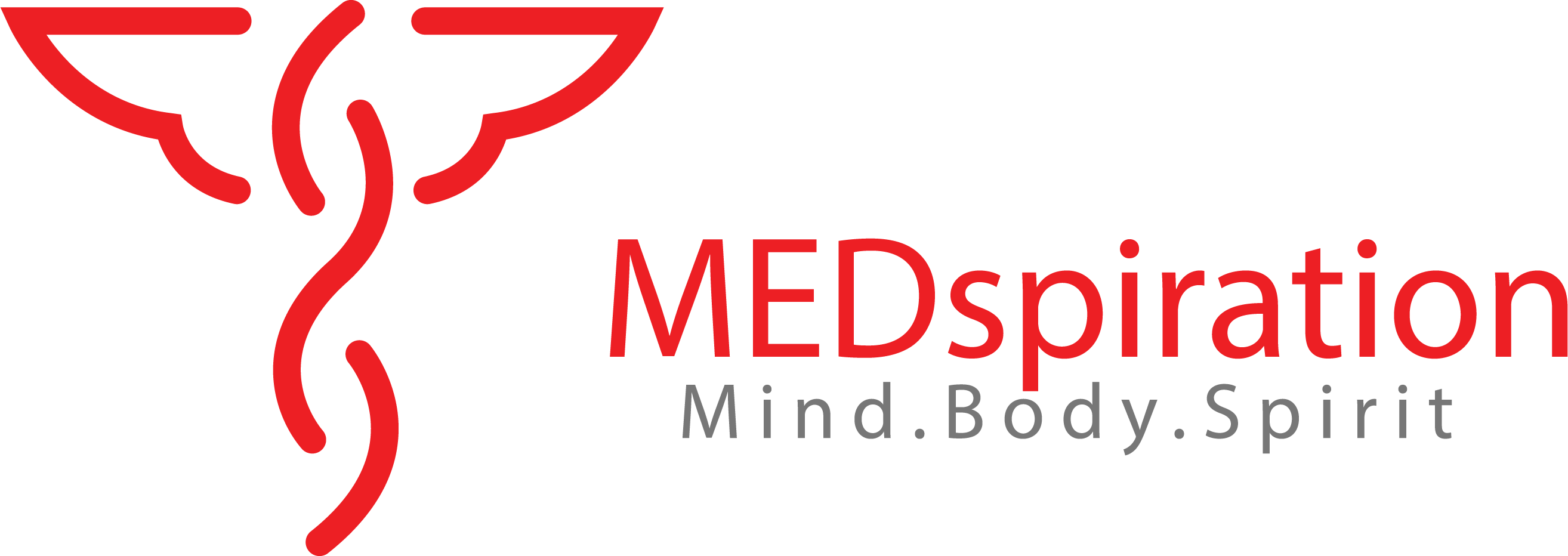Take a close look at this MRI taken by @doc.on.wheels (on Instagram) of a human heart that suffered from Takotsubo cardiomyopathy (TCM), also famously known as ‘broken heart syndrome!’
In 1990, TCM was first discovered and reported by a Japanese cardiovascular specialist. Since then, this heart disease has gained worldwide acceptance as an independent disease entity and has inspired different discussions regarding the strong connection between our mental health and heart health. TCM is a transient wall motion abnormality of the left ventricular (LV) apex accompanied with extreme emotional or physical stress that usually resolves completely. Takotsubo is a Japanese word meaning ‘a pot with a narrow neck and a round bottom’ used to catch octopuses. However, this term is medically used to describe the apical ballooning of the LV as seen in the image. The wall motion abnormality of the LV apex is generally transient and resolves within a few days to several weeks. However, there are some reports of serious TCM complications, including hypotension, heart failure, ventricular rupture, thrombosis involving the LV apex, and torsade de pointes. It has been suggested that coronary spasm, coronary microvascular dysfunction, catecholamine toxicity and myocarditis might contribute to the pathogenesis of TCM. However, its pathophysiology is not clearly understood.
Other words that have been used to refer to this cardiomyopathy include: stress-related cardiomyopathy, transient LV apical ballooning syndrome, broken heart or heartbreak syndrome, and ampulla cardiomyopathy. In 2006, the American Heart Association incorporated this disease under the class of acquired cardiomyopathies.
Written by: Navpreet Singh Badesha
©03/07/2018 All Rights Reserved.
Inspired by: @fueledbymedicine (on instagram)
Video Credit: @doc.on.wheels (on instagram)
Featured Image Credit: @giphy
This research was published in the National Library of Medicine.






